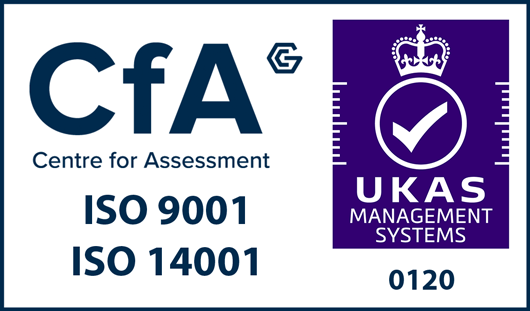News from REAL
The latest news from REAL
New Research HUB launched today will support R&D in the organics recycling sector
Posted: 15 March, 2018. Written by Georgia
- Renewable Energy Assurance Ltd (REAL) is setting up a Research HUB to fund or support R&D work in the organics recycling sector
- Hub will support growth in the composting and anaerobic digestion sectors
- Evidence from research projects will support changes to the Compost Certification Scheme and Biofertiliser Certification Scheme documents
- The HUB will be managed by REAL and overseen by an independent Research Panel
Renewable Energy Assurance Ltd (REAL), a wholly-owned subsidiary of the Renewable Energy Association (REA), is setting up a Research HUB this year to support R&D work in the organics recycling industry. The HUB will fund or support compost and digestate-related R&D projects that are considered important to the development of the schemes administered by REAL.
This development will seek to fill a “void” in the organics recycling industry which is currently lacking support for new R&D projects. The HUB will seek to ensure the schemes’ documents remain up-to-date with the technical and legislative developments in the industry. Scientific evidence is needed to support certain changes to the schemes’ documents and these research projects will be funded to provide the necessary evidence.
The Research HUB is being launched today and the first meeting of the Panel is likely to take place in autumn this year. Ensuring quality of waste and soil is becoming increasingly urgent, particularly as improving soil quality and ending the use of peat in horticulture by 2030 moves up the political agenda.
Justyna Staff, Head of the Certification Schemes, REAL said:
“REAL are keen to continue promoting the use of waste derived compost and digestate. Among other actions, this is achieved through continuous stakeholder engagement and providing means for independent certification against end of waste criteria and quality assurance standards.
The Research HUB will allow us to undertake vital analysis and technical projects to inform any future improvements as we ensure that the schemes are robust and fit for purpose. REAL welcome the support from other stakeholders and we think that this initiative will greatly benefit everyone involved in the organics recycling industry.”
Jeremy Jacobs, Technical Director, REA Organics Recycling Group said:
“The Organics Recycling Group welcomes the initiative from REAL for a Research Hub to fund the evidence gathering required to underpin any future changes to the PAS100 and PAS110 Standards.
It has been clear from the current PAS100 revision, that if changes are to be made that will be acceptable to all parties, then it is paramount that there is a sufficient weight of evidence to support change. PAS100 and PAS110 are evolving documents that need to be relevant to today’s market and the Research Hub will assist in achieving this ambition.”
William McManus, Sector Specialist, WRAP said:
“Evidence led solutions are key to driving change. Not only did good science support creation of the end of waste criteria for compost and digestate, but it allowed stakeholders in the food supply chain to open up new markets too. The creation of the Research HUB shows the level of professionalism and pride that compost and AD operators have for their industry.”
Further Information:
- Research Hub reference doc final (0.30 MB)
Other News
- CCS Update March 2025
27/03/2025 - BCS Update March 2025
26/03/2025 - CMCS announces the first certified home compostable product
19/03/2025
